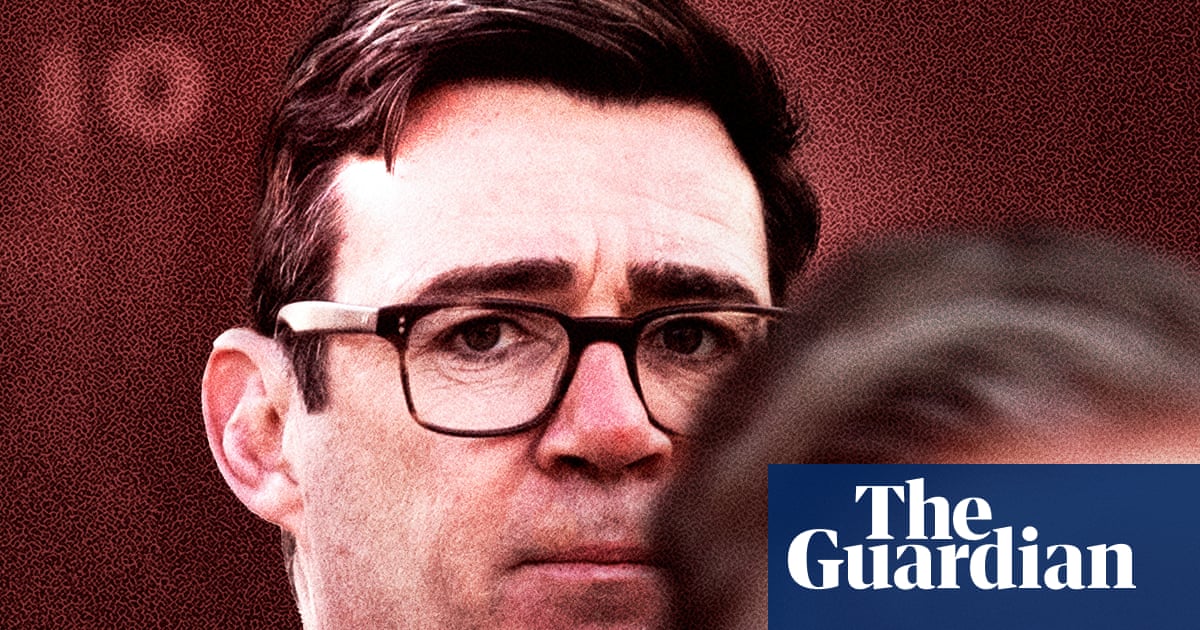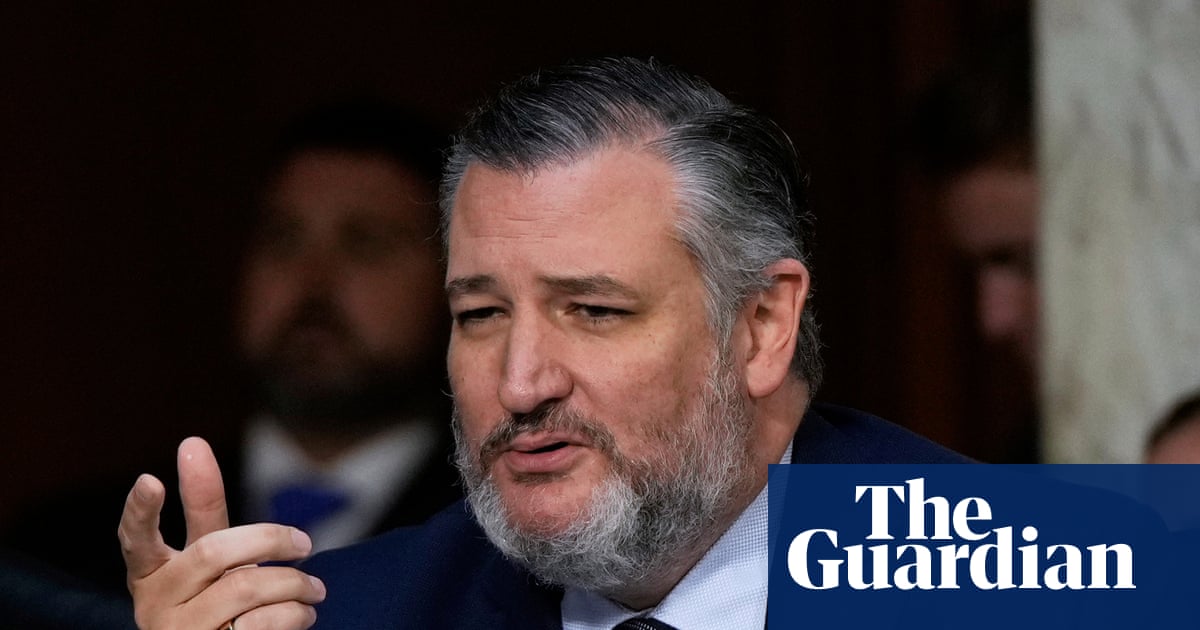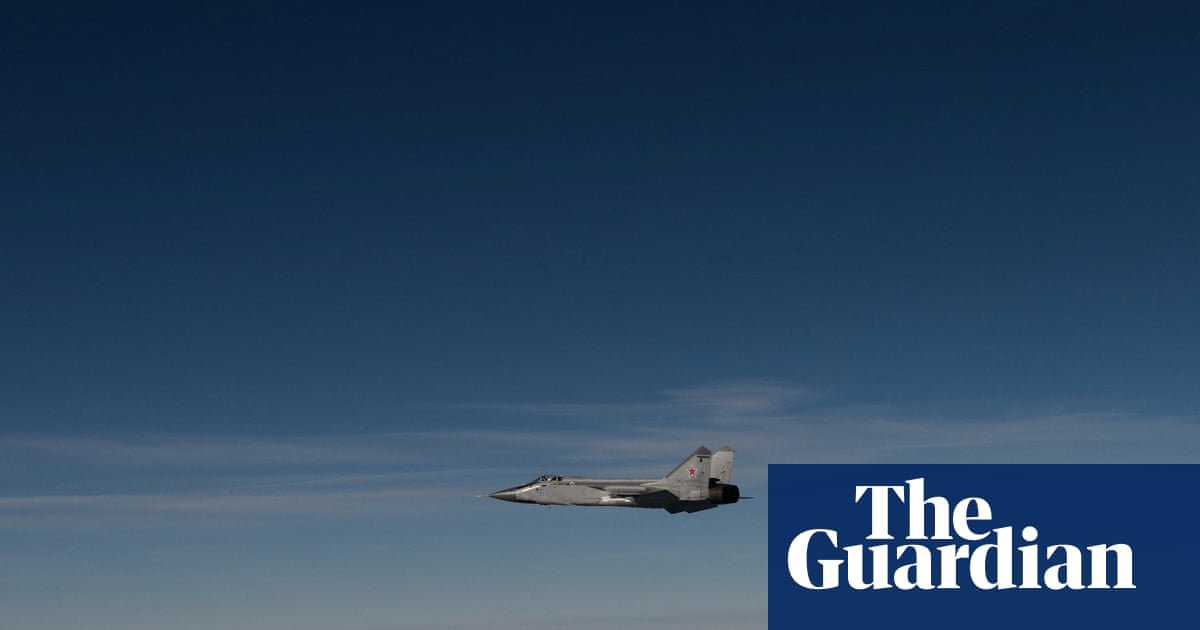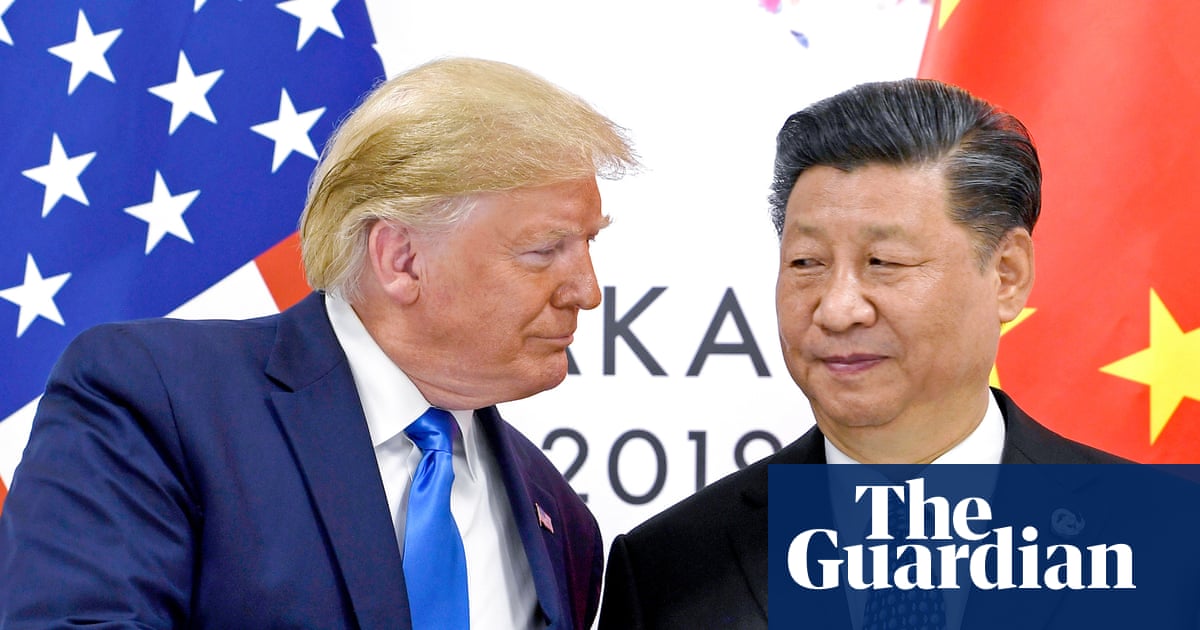During his three presidential campaigns, Donald Trump ran as an opponent of serial military interventions and wars of “regime change” à la Iraq and Libya, which neoconservatives and liberal internationalists alike had embraced after the end of the cold war. He correctly sensed that many Americans had tired of “forever wars”.
Benjamin Netanyahu’s attack on Iran is a watershed moment for Trump. It will force him to reveal whether he truly represents a clean break with the foreign policy establishment, often referred to as “the blob”, or is in fact a continuation of it. It all depends on whether he decides to join Israel’s attacks on Iran.
Trump faces a tough choice. Israel has strong, longstanding, deep and variegated support in the US, and Netanyahu may seek substantial American military engagement, even military intervention. He’s already begun setting the stage. In a flattery-filled birthday missive, he gushed that Trump has “done great things for Israel” and that “we’re dealing with something that will threaten all of us sooner or later. Our victory will be your victory”.
Netanyahu bombed Iran when Washington and Tehran were still negotiating the future of its nuclear enrichment program, and reportedly despite hearing from the US that an attack could jeopardise the talks. Netanyahu opposed any agreement because of two firmly held beliefs. First: a nuclear-armed Iran can be prevented only by destroying its entire enrichment infrastructure. Second: Iran’s threat to Israel isn’t limited to nuclear weapons; the Islamic Republic’s ideology rejects the very existence of a Jewish state in historic Palestine. These two convictions explain why Netanyahu has not only targeted Iran’s nuclear installations but also urged Iranians to overthrow their government.
Trump must decide whether he wants to join a war guided by these two goals. If he jumps in, he’ll reveal himself to be no different from the blob; if he doesn’t, he risks running afoul of Israel’s most fervent American allies – not just Jewish organisations, but also voting blocs such as evangelical Christians. There has been much debate about whether Netanyahu sandbagged Trump, or whether Trump greenlighted the war from the outset because, despite his self-presentation as a foreign policy maverick, he, like Joe Biden – whom he loves to malign – is in fact an unalloyed supporter of Israel.
Regardless of which theory is accurate, Trump confronts a hard decision. He can either back Netanyahu’s war or tell him that having started it unilaterally, he’s on his own. Trump could try to split the difference by limiting himself to what he is already doing: helping to intercept Israel-bound Iranian drones and missiles, while steering clear of a military clash with Iran.
Yet if Iran’s missile barrages intensify and Israel experiences far more death and destruction than it has so far, that gambit could fail. Trump will face intense pressure to enter the fray to defend Israel. But prominent members of the Maga movement’s isolationist-oriented wing will oppose a war with Iran. One of them, Tucker Carlson, has already accused the president of being “complicit” in Israel’s war on Iran and betraying his “America first” foreign policy pledge, and his sentiments have wider purchase.
Netanyahu has put Trump in a bind – unnecessarily. Iran did not attack Israel. Nor was it preparing to, which means that Netanyahu’s attack was not a pre-emptive one necessitated by the imperative of beating an adversary to the punch. Both variants of self-defence-based war have a basis in international law and military ethics. Netanyahu’s war doesn’t belong to either genre. It is a preventive war comparable to George W Bush’s attack on Iraq and Putin’s invasion of Ukraine. Both were justified by invoking a hypothetical threat; neither was necessitated by a clear and present danger.
Netanyahu has been warning about a nuclear-equipped Iran since 1992, when he predicted that Tehran would build the bomb in three to five years. If an Iran with nuclear weapons is Netanyahu’s nightmare, he should have applauded, not lambasted, the joint comprehensive plan of action (JCPOA) that the Obama administration and Iran signed in 2015. Once Trump was elected, Netanyahu convinced him to defenestrate that deal. The JCPOA’s provisions – some extended to 13 years, others to 15 – eliminated 98% of Iran’s enriched uranium stocks, capped uranium enrichment at 3.67%, dismantled about two-thirds of its centrifuges, placed stringent limits on heavy water production, and incorporated extensive verification measures.
Netanyahu launched the war to scuttle the US-Iran talks and, if possible, bring down the Islamic Republic. Iraq 2003 and Ukraine 2022 prove that “preventive” wars should never be legitimised; they allow leaders excessive, needless and dangerous leeway. Trump therefore has strong grounds to oppose Israel’s attack on Iran. At a press conference at the G7 summit in Canada, he refused to comment when asked whether he would join Israel, but noted that “the United States has always supported Israel”, that Iran wasn’t winning, that Israel “was doing very well”, and that Iran brought the war on itself by spurning his 60-day deadline to sign an agreement and now wanted to talk.
Trump reportedly resisted putting his name to a draft statement calling for de-escalation, produced by the other G7 members, before eventually signing. On the other hand, after Netanyahu said he hadn’t ruled out killing Iran’s supreme leader, Ayatollah Ali Khamenei, several news outlets, citing American officials, reported that Trump “vetoed” that step, no doubt realising that it could make the confrontation careen out of control.
Even assuming that Trump didn’t want Israel to attack when it did, he has manoeuvred to turn events to his advantage, suggesting that the war will compel Iran to sign a deal on his terms. The president’s problem is that this war could continue for days, even weeks. And the longer it lasts, the harder it will be to finesse direct questions with ambiguous replies and to avoid hard decisions, especially if Israel needs direct US help. At some point, Israel’s American supporters and the anti-intervention camp within the US may each ask: “Will the real Donald Trump please stand up?”
-
Rajan Menon is a professor emeritus of international relations at the City College of New York and a senior research scholar at Columbia University’s Saltzman Institute of War and Peace Studies

 3 months ago
83
3 months ago
83

















































